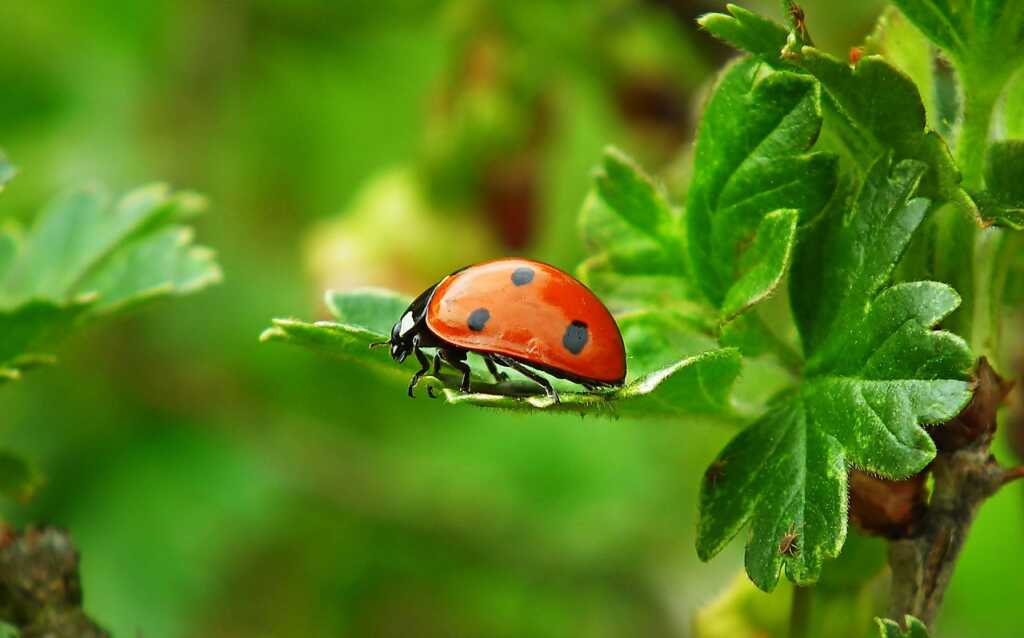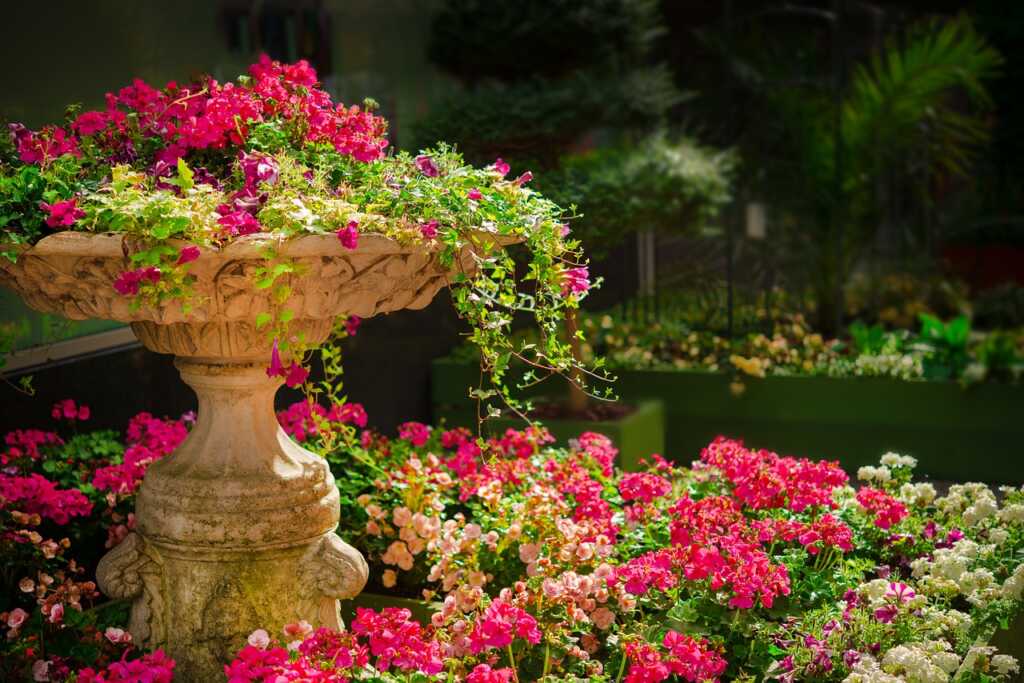
Insects are often viewed as pests in the garden, but not all insects are harmful. In fact, many insects and other invertebrates play crucial roles in maintaining a healthy garden ecosystem. These beneficial organisms help with pollination, pest control, and soil health, ensuring that your garden thrives. Understanding and encouraging these helpful creatures can transform your garden into a flourishing, balanced habitat.
The Importance of Beneficial Insects
Beneficial insects are vital to sustainable gardening practices. They can help reduce the need for chemical pesticides, which can be harmful to the environment and non-target species. These insects perform essential functions such as:
- Pollination: Many insects, especially bees and butterflies, are primary pollinators for a wide variety of plants. Pollination is critical for fruit and vegetable production.
- Natural Pest Control: Predatory insects and parasitoids help control populations of harmful pests that can damage plants.
- Soil Health: Some insects, like beetles and ants, help decompose organic matter, aerate the soil, and enhance nutrient cycling.
Key Beneficial Insects for Home Gardens
Ladybugs (Lady Beetles)
- Role: Predators of aphids, mites, and other soft-bodied insects
- Description: Ladybugs are small, round beetles often recognized by their red and black spots. Both adults and larvae feed on pests like aphids, which can damage plants.
- How to Attract: Grow plants such as dill, fennel, and yarrow. Provide habitats by allowing some areas of the garden to remain undisturbed.
Lacewings
- Role: Predators of aphids, caterpillars, and other insect pests
- Description: Lacewings are delicate insects with lacy wings. Their larvae, known as aphid lions, are voracious predators of garden pests.
- How to Attract: Plant sunflowers, dill, and cosmos. Ensure there is a diversity of flowering plants to provide nectar.
Hoverflies (Syrphid Flies)
- Role: Pollinators and predators
- Description: Hoverflies resemble small bees or wasps and are excellent pollinators. Their larvae feed on aphids and other soft-bodied insects.
- How to Attract: Plant herbs such as parsley, dill, and cilantro. Provide flowers like marigolds and alyssum.
Ground Beetles
- Role: Predators of soil-dwelling pests like slugs, snails, and caterpillars
- Description: Ground beetles are fast-moving, nocturnal insects that hunt on the soil surface. They are beneficial for controlling pests that damage plant roots and seedlings.
- How to Attract: Maintain mulch and leaf litter in garden beds. Provide hiding places such as rocks, logs, and ground covers.
Spiders
- Role: Predators of various insects
- Description: Spiders are generalist predators that capture and eat a wide variety of insects. They help keep pest populations in check.
- How to Attract: Plant dense vegetation and provide mulch to create habitats. Avoid using pesticides that can harm spiders.
Earthworms
- Role: Soil aeration and nutrient cycling
- Description: Earthworms are essential for healthy soil. They burrow through the soil, creating channels that improve air and water movement. Their digestion of organic matter produces nutrient-rich castings.
- How to Attract: Maintain a rich, organic mulch layer and avoid tilling the soil. Provide a moist environment by watering regularly.
Centipedes
- Role: Predators of soil-dwelling pests
- Description: Centipedes are fast-moving predators that feed on a variety of soil-dwelling pests, including larvae and insects that can harm plant roots. They help keep pest populations under control.
- How to Attract: Maintain a damp, organic-rich environment in your garden. Avoid disturbing the soil too often to provide stable habitats for centipedes.
Bees
- Role: Pollinators
- Description: Bees are among the most efficient pollinators. They transfer pollen from flower to flower, enabling plants to produce fruits and seeds. Honeybees and native bee species, such as bumblebees, mason bees, and solitary bees, are all beneficial.
- How to Attract: Plant a variety of flowering plants that bloom at different times of the year. Provide water sources and avoid using pesticides.
For more on the benefits of pollinator insects, click here.

Creating a Garden Friendly to Beneficial Insects
To encourage beneficial insects in your garden, follow these guidelines:
- Diverse Planting: Grow a variety of plants that bloom at different times of the year. This ensures a continuous food source for pollinators and predators.
- Provide Shelter: Create habitats such as insect hotels, undisturbed garden corners, and mulch layers. These provide nesting sites and overwintering locations for beneficial insects.
- Avoid Chemical Pesticides: Use organic pest control methods. Chemical pesticides can harm beneficial insects along with pests. Consider natural alternatives like neem oil, insecticidal soaps, and companion planting to deter pests.
- Provide Water: Small, shallow water sources like bird baths or shallow dishes filled with water and pebbles can help insects stay hydrated.
- Native Plants: Incorporate native plants into your garden. Native plants are well-adapted to the local environment and provide optimal resources for native beneficial insects.
- Avoid Tilling: Minimize soil disturbance to protect ground-dwelling insects and maintain soil health. No-till gardening techniques can help preserve beneficial insect habitats.
Beneficial Insect Habitats
- Insect Hotels: These structures provide nesting and overwintering sites for solitary bees, lacewings, and ladybugs. Fill them with materials like bamboo canes, straw, and hollow stems.
- Mulch and Leaf Litter: Maintain a layer of mulch and leaf litter in garden beds. This provides hiding places for ground beetles, spiders, and other beneficial insects.
- Flowering Borders: Create borders with flowering plants around vegetable beds and fruit trees. This attracts pollinators and predatory insects.
- Water Features: Small ponds or water features can attract beneficial insects such as dragonflies and damselflies, which prey on mosquitoes and other pests.
Beneficial insects are invaluable allies in maintaining a healthy and productive home garden. By understanding their roles and creating an environment that attracts and supports them, you can reduce the need for chemical interventions and promote a thriving, sustainable garden ecosystem. Embrace the presence of these helpful insects, and enjoy the benefits they bring to your garden. Whether it’s through pollination, natural pest control, or soil improvement, beneficial insects are essential partners in your gardening journey.


